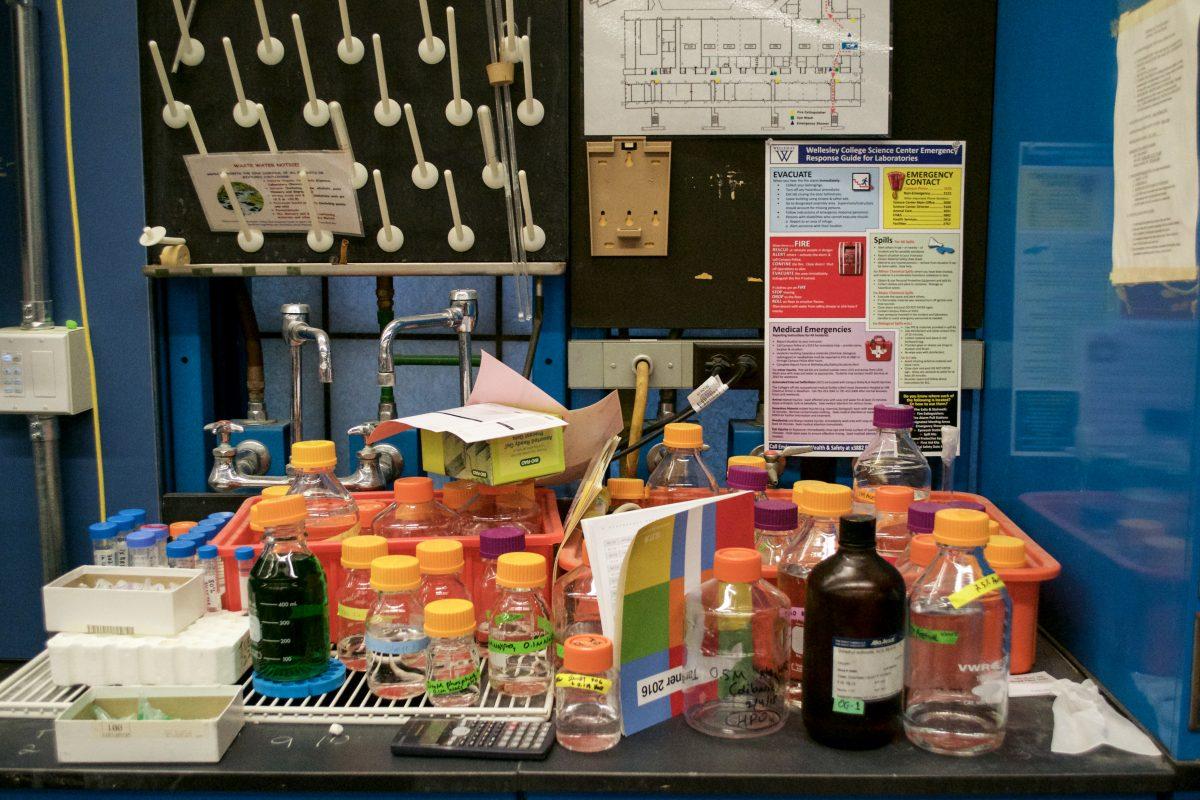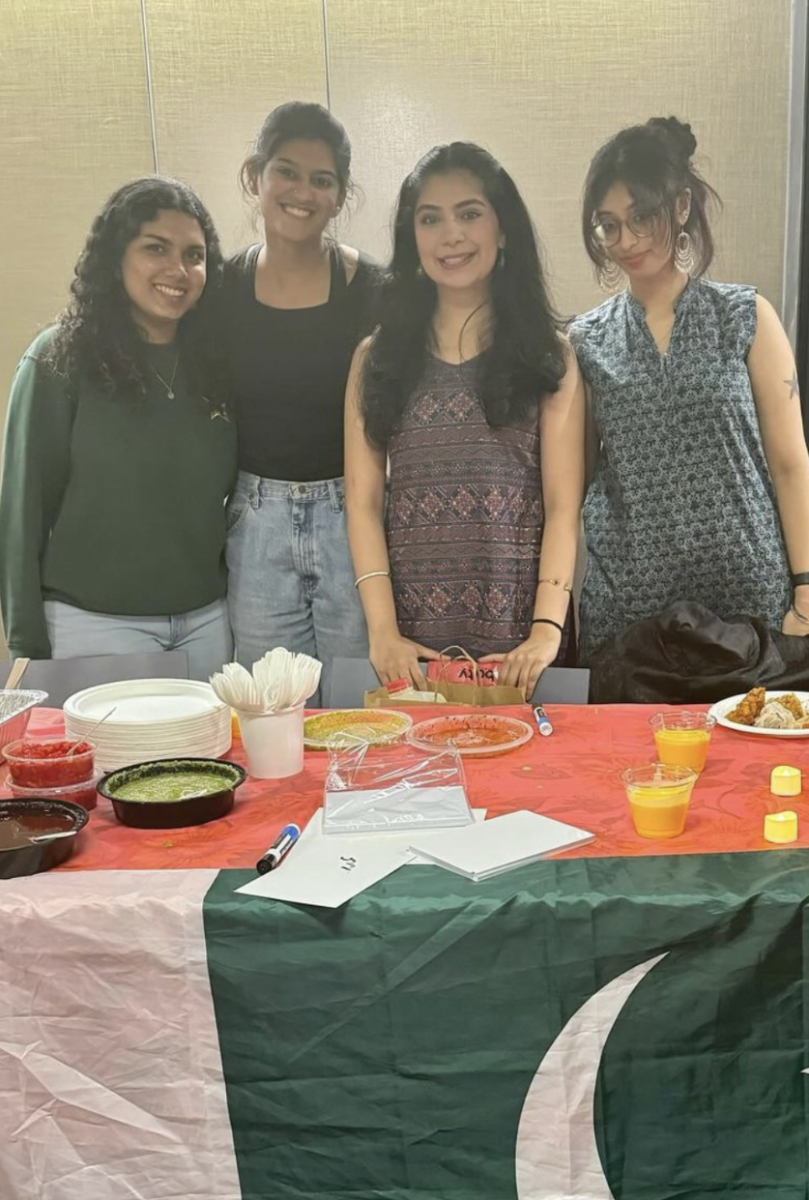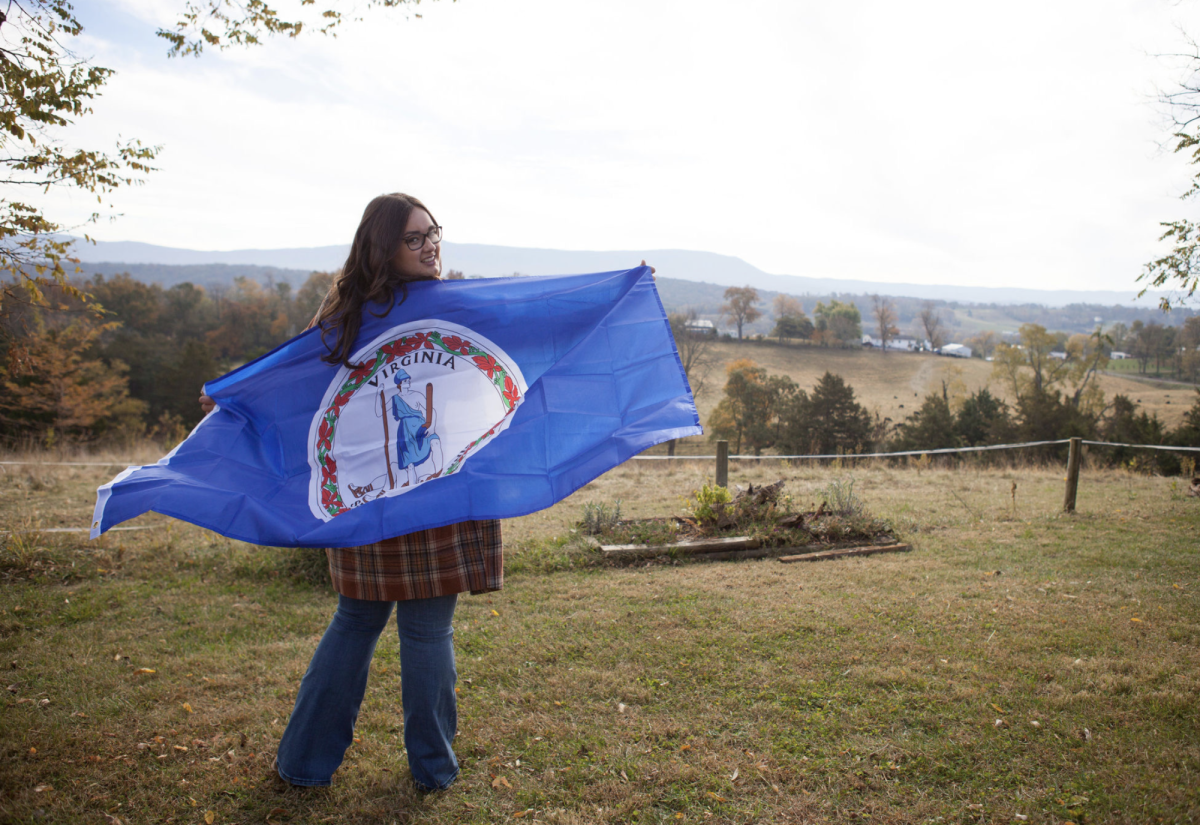The oldest interdepartmental program at Wellesley College, the biochemistry department (BIOC), celebrates its 50th anniversary this academic year. Founded during a time marked by dramatic discoveries in the life sciences, the department is today regarded as an interface between biology and chemistry. In light of its anniversary, the department has held two events thus far, including a kickoff event organized by Professor Don Elmore and the 4th Annual Biological Chemistry Research Retreat, which was incorporated into the celebrations.
The kickoff event, held on Dec. 13, 2016, featured panel discussions on the program’s history with renowned Professors Mary Allen and Dot Widmayer, and Sonja Hicks, Professor Emerita. It also included talks by six recent alumnae: Shloka Ananthanarayanan ’08, Eleanor Fleming ’08, Kate Lipford ’08, Natalya Maharaj ’09, Tracy Wang ’10 and Ruth Wang’ondu ’07. The discussions covered various topics and perspectives related to revolutionizing research since the founding of the department at Wellesley.
To continue the celebration, the Research Retreat was held just before the beginning of the semester on Jan. 23, 2017. According to Professor T. Kaye Peterman, the director of the biochemistry department, the event was an opportunity for students to share their research with the community. It also featured a keynote address by renowned immunologist Sarah J. Schlesinger ’81 on “Dendritic Cells, HIV Vaccines and the Nobel Prize.”
Peterman believes that BIOC is a deeply interdisciplinary field with emphasis especially on meaningful and independent undergraduate research. The discipline of biochemistry is a combination of both the physical and natural sciences. Wellesley’s course offerings include classes on cellular physiology, a study of the activities that keep a cell alive, and biophysical chemistry, a study of the physical properties of biological macromolecules.
Peterman suggested that what sets this department apart from others is its ability to “synthesize [the two subjects] into a unique exploration of biological structure and function at the macromolecular level.” The department has explored new fields of study within biochemistry such as genomics, the study of genomes, and proteomics, the study of proteins. These disciplines continue to emerge and evolve with the help of independent research conducted by students and professors.
Like other science departments at Wellesley, the biochemistry curriculum emphasizes the need for future researchers to not only be familiar with laboratory work with complex instruments and computers, but also to have strong problem solving techniques, collaboration skills, awareness of ethical issues and the ability to think across disciplinary boundaries.
The department will continue the celebration this spring with several talks by prominent BIOC alumnae who have made impactful and lasting contributions to their fields. Details will be distributed when these events become finalized. In conjunction with the celebration of the department’s 50th anniversary, students majoring in biochemistry have taken the opportunity to reflect on the discipline which they hope to concentrate in.
Hannah Jacobs ’19, a sophomore considering the biochemistry major, says that she is interested in the major because it is both fascinating and challenging.
“It’s specialized, but it will give me a breadth of knowledge about biological systems,” she said, in reference to the concentration. Jacobs advises that any students thinking of majoring in this area should plan ahead and take organic chemistry as soon as possible, as it will “give [them] an idea whether the major is right for [them].”
Catherine Xie ’19, a sophomore double-majoring in biochemistry and French, stated that her inspiration to join this field came from her grandmother, Pan Huazhen, who was a biochemist in China. By attending summer research courses in high school and investigating subjects that interested her, she found her fascination for science.
Xie has also channeled her passion of science by being part of the organization BC2 which arranges both lectures and dessert series with professors and student research panels with current biochemistry majors. Although she wishes there were “fewer requirements for the major and more flexibility in the types of courses,” Xie’s favorite part of the department is “hearing about all the amazing research that [the] faculty carries out on campus.”






